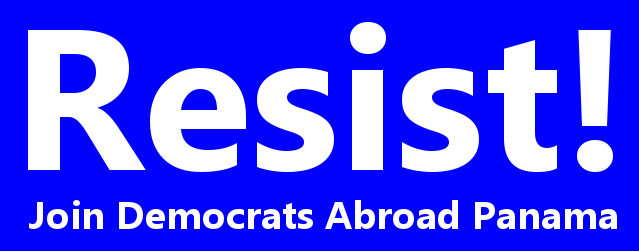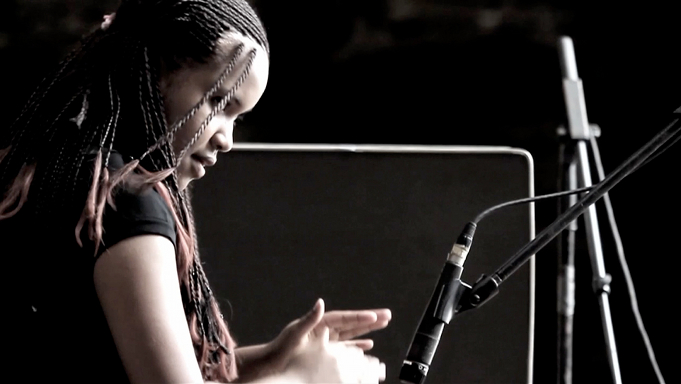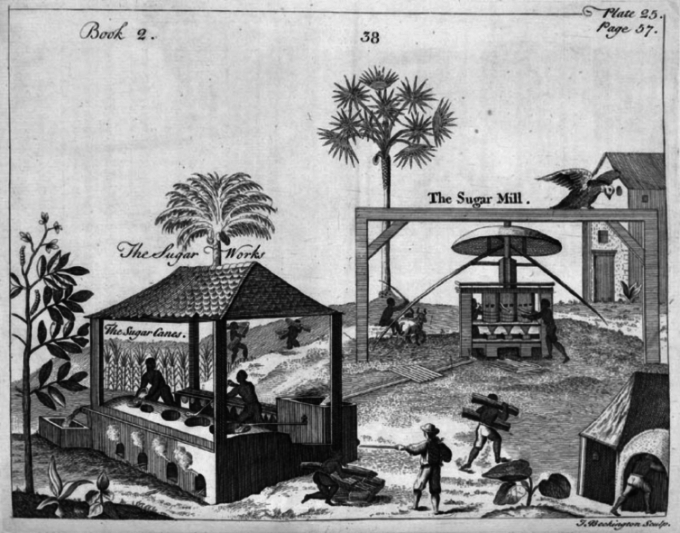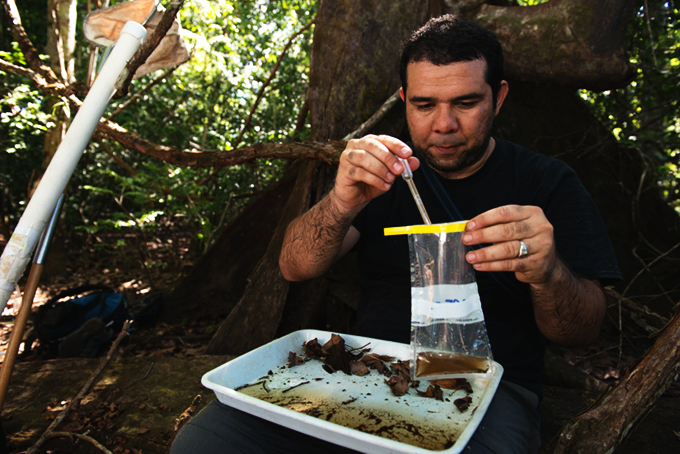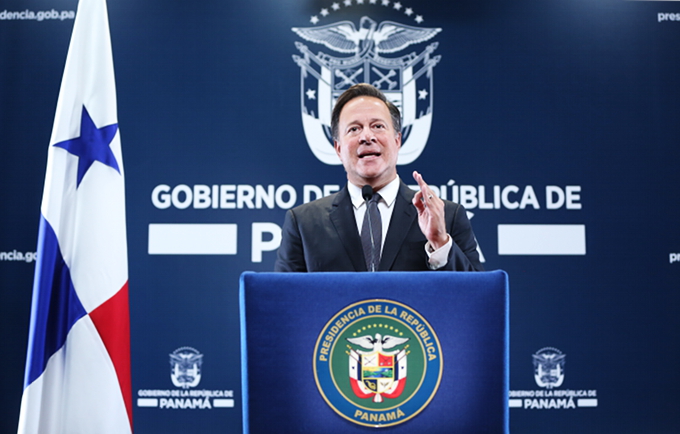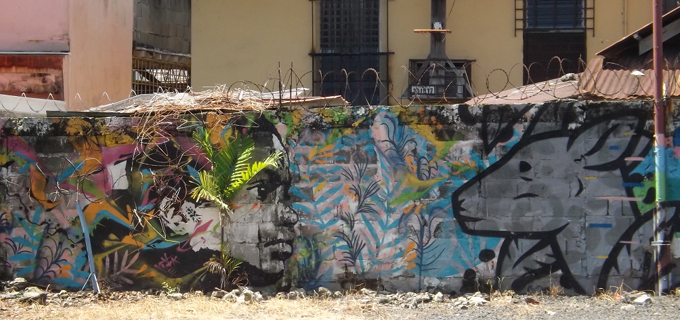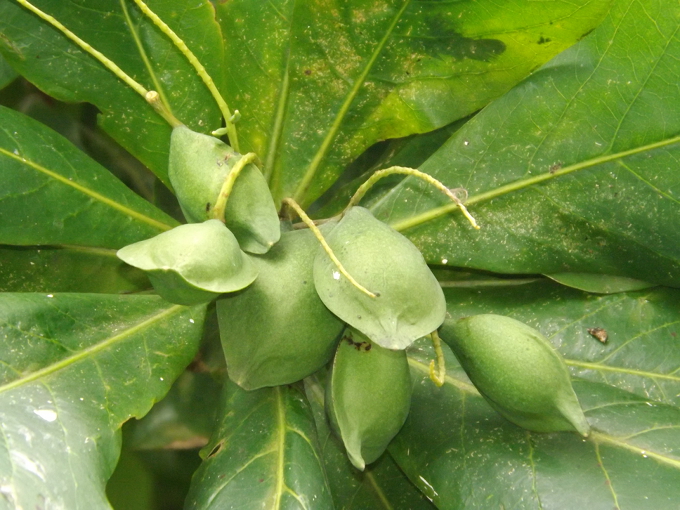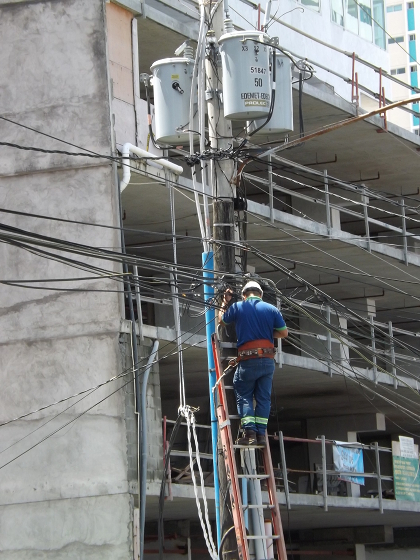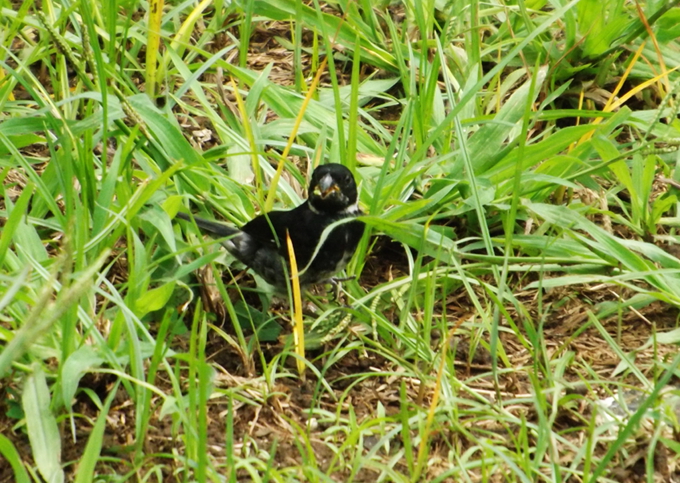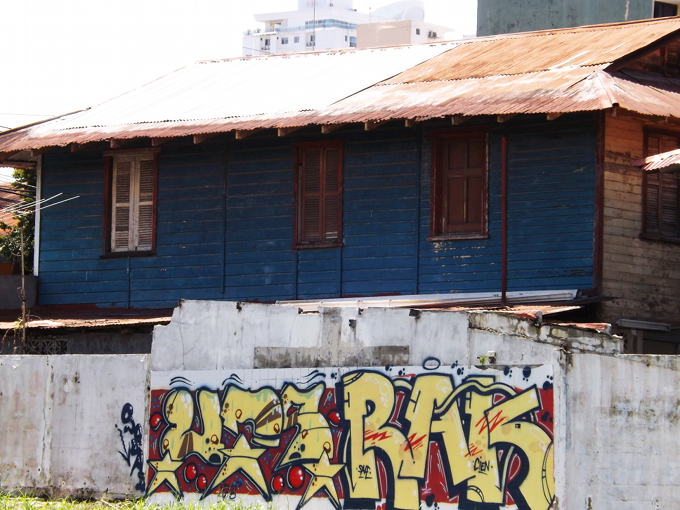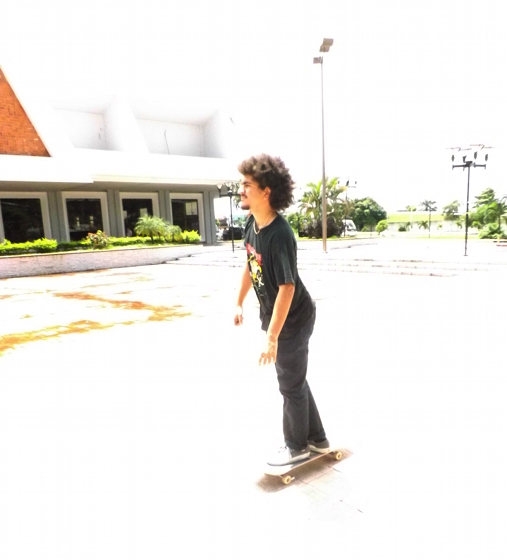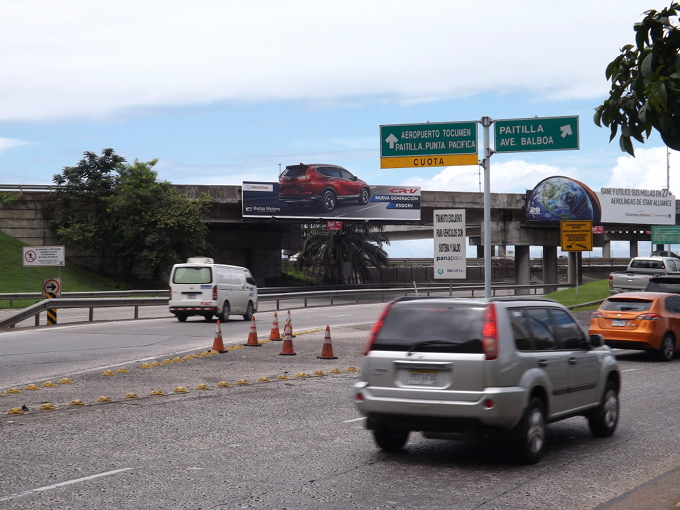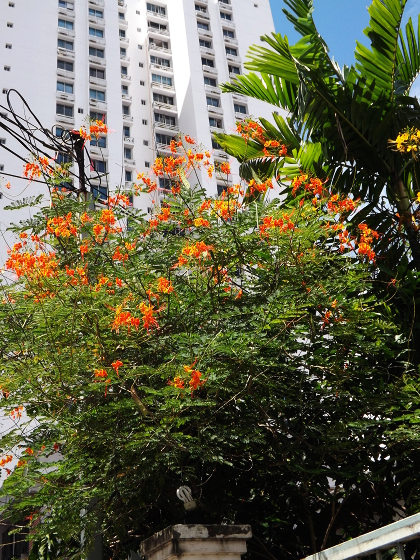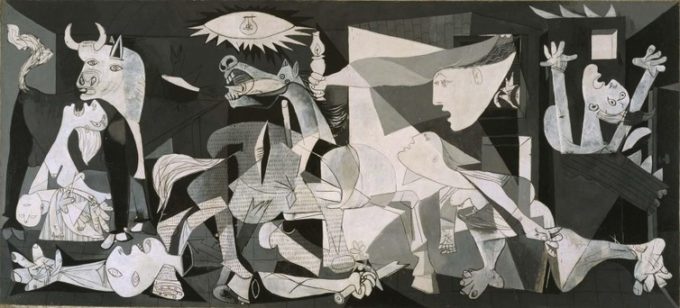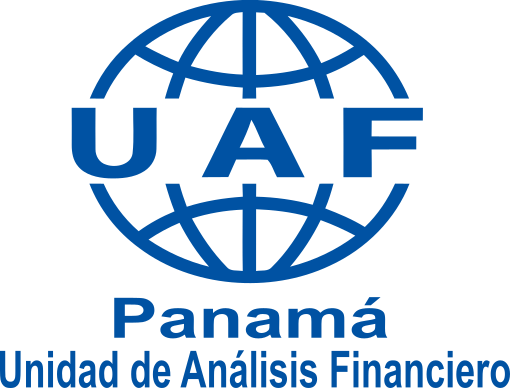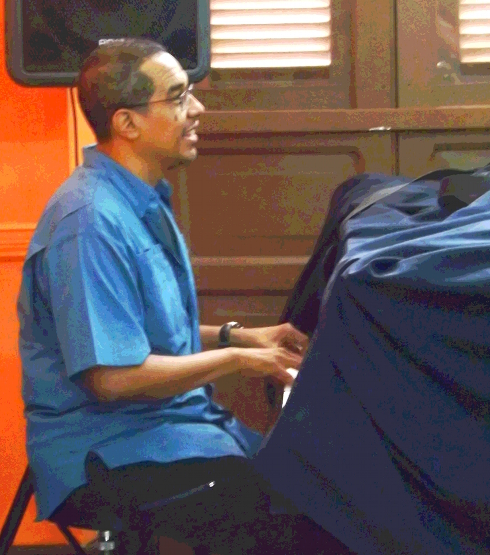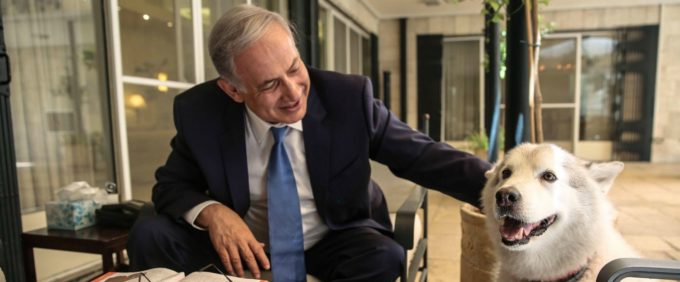
Kaya, the royal dog
by Uri Avnery — Gush Shalom
The spectacle is almost bizarre: a political party refuses to accept new members. And not just a few individuals, but tens of thousands. And not just any party, but the Likud (“Unification”), the main force in Israel’s governing coalition.
Strange? But there is method in this madness. It may soon come before Israel’s highest court.
The present leaders of the party, Binyamin Netanyahu and his fellows, are afraid that the people who are now seeking to register as Likud members are really settlers in the occupied territories, who want to take over the Likud, while in practice remaining loyal to their own parties, which are even more extremist.
One of the present Likud members of the Knesset has submitted a bill that may well be unique in the world. It arises from the fear that these new Likud members will not vote for the Likud in the general elections. To counter this possibility, the bill says that when a new member registers in the Likud party, their name will be struck from the general election voter registry, and they will be recorded as having voted for the Likud.
This is manifestly unconstitutional, since it negates the secrecy of the ballot. The legal advisor of the Knesset will probably block it. If not, it will go to the Supreme Court.
This all shows that the Likud is really a curious kind of bird. And not from today.
Years ago, a leading French journalist came to me during an Israeli election campaign. I directed him to an election rally of Menachem Begin’s.
When he came back he was bewildered. “I don’t understand it,” he exclaimed. “When he was talking about the Arabs, he sounded like a rabid fascist. When he was talking about social affairs, he sounded like a moderate liberal. How can this fit together?”
“Begin is not a great thinker,” I explained to him. “All the ideology of the Likud goes back to Vladimir Jabotinsky.”
Vladimir (or Ze’ev) Jabotinsky was the founder of the “revisionist” party, the parent of the Herut Party, which was the parent of the present-day Likud. He was born in 1880 in Odessa in the Ukraine. When he was young man he was sent as a journalist to Italy, a country that had attained its freedom not so long before.
The Italian liberation movement was an unusual mixture of extreme patriotism and liberal social ideas. This fixed the young Jabotinsky’s political outlook for life.
He was a very captivating person, extremely gifted in several fields. He wrote a novel (about the Biblical hero Samson), translated Edgar Allen Poe’s poems into Hebrew, was a brilliant orator and gifted journalist, wrote songs and much more. In World War I he helped form Jewish battalions in the British army and was a junior officer in the conquest of Palestine.
A few years later the British partitioned Palestine and set up the separate Arab emirate of Transjordan. Jabotinsky objected and founded the ultra-Zionist “Revisionist Party,” which demanded the “revision” of this decision.
Jabotinsky loathed the dour, socialist “pioneers” who dominated the Zionist community in Palestine and who hated him. I suspect that he was not too unhappy when the British kicked him out of the country. David Ben-Gurion called him “fascist” — though, as an Italy-lover, Jabotinsky loathed Benito Mussolini.
During those years Jabotinsky was a globe-trotting agitator, who wrote a weekly article which I read piously. I admired his clear, logical style. His movement grew in several countries, especially Poland.
In Palestine, Jabotinsky’s Revisionist movement remained a small and isolated minority. However, when violent Jewish-Arab clashes broke out, his movement established the Irgun, an armed underground organization. Jabotinsky was its nominal commander-in-chief. Largely because of him, I joined when I was hardly 15 years old.
In early 1939, Jabotinsky’s followers around the world assembled in Warsaw. The clouds of war were already gathering, but Jabotinsky proclaimed that war was impossible — modern arms were much too murderous. When one of his Polish followers, a youngster called Menachem Begin, dared to contradict him, the leader acidly responded: “Sir, if I had your convictions, I would jump into the Vistula!”
However, World War II did indeed break out. Jabotinsky fled to the United States, were he died aged 59 of a heart attack. Begin, who had not jumped into the river, eventually reached Palestine and was appointed commander of the Irgun, which became one of the most successful terrorist organizations in the world.
When the State of Israel was born, Begin became the leader of the opposition and a stickler for democracy. He discarded the “revisionist” party and created his own Herut (“Freedom”) party, at the head of which he lost eight consecutive election campaigns.
When he reached power at last, in 1977, he surprised the world by making peace with Egypt, the most powerful Arab country. I was not surprised at all.
Begin was not a brilliant personality like Jabotinsky. He followed his master religiously. Jabotinsky’s ideology was geographical: “Eretz Israel on both sides of the Jordan.” The map did not include the Sinai peninsula, so Begin had no qualms about giving it back to Egypt. (It also did not include the Golan heights, which Begin would have returned to Syria without hesitation.)
With time, Begin and his followers forgot about the land beyond the Jordan river. They still sang the song written by Jabotinsky (“The Jordan has two banks — the one belongs to us and so does the other”), but realpolitik is stronger than songs. The Kingdom of Jordan is now one of Israel’s most important allies, and Israel has saved it from extinction several times.
However, the claim that Jordan, like the West Bank, must be part of the Jewish State appears prominently in the Likud party program. Everybody had forgotten this long ago, until this week.
Binyamin Netanyahu’s assistants, who are fighting to prevent the “new applicants” from becoming members of their party, demand that they declare their full acceptance of all parts of the official Likud program — including the demand that Jordan become a part of Israel.
AS A personality, Netanyahu is far below Begin, much as Begin was far below Jabotinsky. There never was a whiff of personal misbehavior about Begin, who was famous for his modest standard life-style, after risking his life every minute for years. Netanyahu is surrounded by a strong smell of corruption. Several investigations against him and his wife Sarah are in progress, each of which could well land him in prison.
Jabotinsky would have looked upon him with disgust.
However…
A Jewish joke tells about the death of the rich man in the ghetto. According to custom, somebody had to eulogize him, presenting him positively. Nobody could be found to fulfill this duty. At long last, one man volunteered.
“We all know that Rabbi Moshe was a loathsome person,” he said, “stinking rich, mean and cruel. But compared to his son, he was an angel!”
Something like this is happening in Israel now. The spotlight is on Ya’ir, Netanyahu’s 26-year old elder son.
“Bibi” has already been in power for 12 nonconsecutive years and behaves like a king. “Sarah’le,” his wife, behaves like a queen, in the style of Marie-Antoinette. In popular parlance, Ya’ir is the “crown-prince.”
A very unruly prince. He lives with his parents in the official residence and behaves like a spoiled brat. He is trailed everywhere by bodyguards provided by the state. He has no visible job. And during the last few days, he has become notorious.
Like Donald the Trump, Ya’ir spews abusive comments in all directions on the internet. For example, he calls “The New Israel Fund,” a foundation that supports leftist groups, “The New Fund for the Destruction of Israel.”
The latest episode concerns the by-law that orders dog owners to pick up the excrement of their animals in public places. Ya’ir was walking the royal dog, the now famous Kaya, without picking up her excrement in the street. When a lady stopped him and demanded that he follow the law, he made a lewd gesture — which the lady duly photographed.
Jabotinsky, Begin, Bibi, Ya’ir — quelle difference!
~ ~ ~
These announcements are interactive. Click on them for more information.



